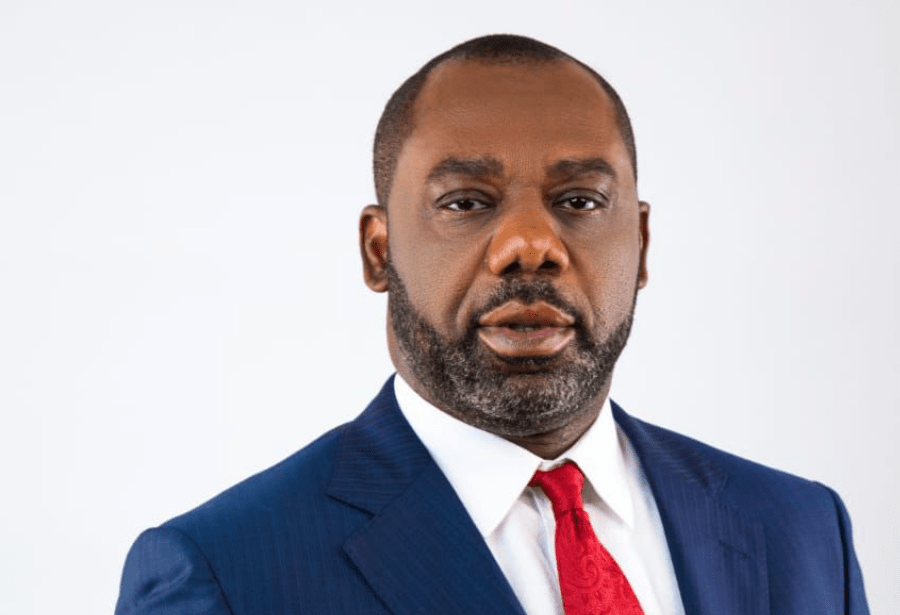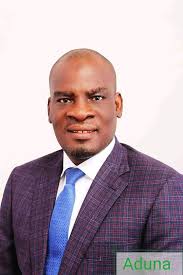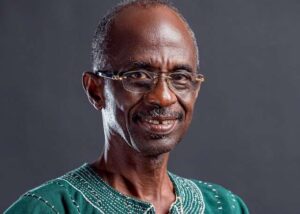We’re Still Waiting for Mahama’s Promise of $1 to 5 Cedis, 1 Cedi Kenkey, and ‘Akoko Nkenteke’ — NAPO
Publisher December 19, 2024 0
Dr. Matthew Opoku Prempeh, affectionately known as NAPO, has stated that Ghanaians are keenly awaiting President-elect John Dramani Mahama to fulfill the promises he made during his campaign. According to NAPO, Mahama made several key commitments to the people of Ghana, including reducing the exchange rate to $1 = 5 cedis, lowering the price of kenkey to 1 cedi, and providing farmers with day-old chicks, also known as “akoko nkenteke,” to boost the poultry sector and create economic opportunities for citizens.
Speaking in an interview at Parliament, NAPO highlighted that these promises were significant given the current state of the nation’s economy, and many Ghanaians are holding Mahama accountable for his words. “President Mahama said he would bring the dollar down to 5 cedis, he said we would buy kenkey for just 1 cedi, and he also promised to provide Ghanaians with day-old chicks for poultry farming, enabling them to make money,” NAPO remarked. He further emphasized that the people of Ghana are eagerly waiting to see these pledges come to fruition.
The promises made by Mahama during the campaign, according to NAPO, were particularly impactful as they addressed the economic challenges faced by ordinary Ghanaians, especially in areas like inflation, food prices, and agriculture. With the high cost of living, many citizens are hopeful that these promises will be fulfilled, leading to tangible improvements in their daily lives.
The promises made by Mahama during the campaign were met with much enthusiasm among Ghanaians, particularly his pledges regarding the exchange rate and food prices. The depreciation of the cedi against major currencies like the US dollar has been a significant concern for many, and Mahama’s commitment to reversing this trend resonated with many voters. Similarly, his proposal to make basic food items like kenkey more affordable and accessible, along with supporting local farmers by providing them with day-old chicks, was seen as a way to address both food security and economic empowerment.
In the December 2024 elections, Mahama was declared the winner by the Electoral Commission, securing 6,328,397 votes and defeating his main rival, Dr. Mahamudu Bawumia, who received 4,657,304 votes. Mahama’s victory has set the stage for him to take office and begin implementing his policies. In addition to winning the presidency, Mahama’s party, the National Democratic Congress (NDC), also achieved a parliamentary majority, further solidifying his mandate to move forward with his proposed reforms.
As the country awaits Mahama’s assumption of office on January 7, 2025, all eyes will be on how quickly and effectively he can begin to deliver on these campaign promises. With Ghana facing significant economic challenges, including inflation and a struggling currency, the expectations placed on Mahama’s leadership are high. His ability to address these challenges and fulfill his promises will be a key factor in shaping his legacy as president.
NAPO, representing the opposition New Patriotic Party (NPP), has made it clear that the government will be watching closely to see if Mahama can deliver on the promises he made during the campaign. While Mahama’s supporters are optimistic, critics are wary of the feasibility of such ambitious pledges, particularly in light of the country’s ongoing economic difficulties. The promise to bring down the dollar to 5 cedis, in particular, will be challenging given the current trends in the global economy and the ongoing depreciation of the cedi.
The country is waiting in anticipation to see if President-elect John Dramani Mahama will be able to fulfill his campaign promises. Ghanaians are hoping that his proposed changes to the exchange rate, food prices, and support for local farmers will lead to economic improvements and greater opportunities for all. As Mahama prepares to take office in January 2025, his ability to fulfill these promises will play a major role in his success as president and in shaping the future of Ghana’s economy.





